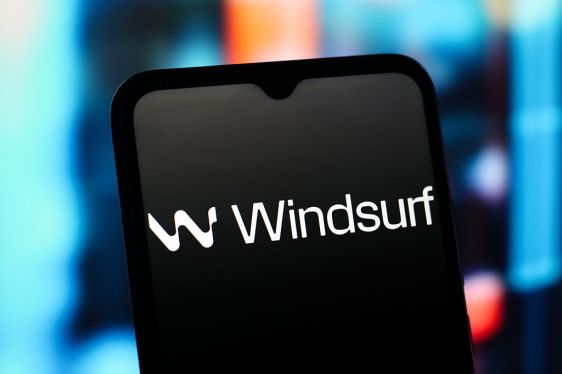Weeks after the revelation that Google paid Windsurf $2.4 billion to license its technology while hiring its CEO and top talent, the deal’s implications continue to unsettle founders and startup employees across Silicon Valley.
Google’s payment to the startup was split into two equal parts, according to sources familiar with the deal. Investors received $1.2 billion, while the other half went to compensation packages for approximately 40 Windsurf employees hired by Google. A significant portion of that $1.2 billion went to the startup’s co-founders, Varun Mohan and Douglas Chen.
The deal proved favorable for venture capital firms, including Greenoaks, Kleiner Perkins, and General Catalyst. Windsurf had raised about $243 million as of its last funding round in 2024, valuing the company at $1.25 billion. The total return to investors was roughly four times their initial investment. Greenoaks, which led Windsurf’s seed and Series A rounds and owned 20% of the company, reportedly returned about $500 million on a $65 million investment. Kleiner Perkins, leading the Series B, saw a threefold return on its investment.
Google, Kleiner Perkins, and Greenoaks declined to comment. General Catalyst and the co-founders did not respond to requests for comment. Despite the positive outcome, many investors had hoped for a larger return.
Earlier this year, TechCrunch reported that Kleiner Perkins was in talks to lead a funding round valuing Windsurf at $2.85 billion. However, the deal fell through as Windsurf instead agreed to a $3 billion acquisition by OpenAI. That deal later collapsed, paving the way for Google’s structured agreement, which provided investor returns and secured talent without acquiring stock.
What has caused unease in Silicon Valley is that while the deal benefited co-founders and VCs, a significant portion of Windsurf’s approximately 250 employees saw little to no financial gain. In a typical acquisition, employees would receive payouts for their shares, often with accelerated vesting. However, employees hired in the past year reportedly received nothing from the Google deal.
Approximately 200 employees not hired by Google were left without compensation. Instead of distributing the full payment, investors opted to leave Windsurf with over $100 million in capital. Sources differ on whether this reserve was fully funded by VCs or if the co-founders also contributed. Some argue the remaining funds could have covered payouts for all employees at the deal’s per-share valuation, but doing so would have left the company without operating capital and no clear path for future funding.
The controversy deepened as some employees hired by Google saw their stock grants revoked and vesting timelines reset, requiring them to wait an additional four years for full compensation. Prominent figures in the venture capital community criticized the co-founders for not sharing the windfall with their team. Vinod Khosla publicly condemned the move, stating he would not work with the founders in the future.
Following the Google deal, Windsurf’s remaining assets, under interim CEO Jeff Wang, were acquired by Cognition. The deal included Windsurf’s intellectual property, product, and all employees not hired by Google. While exact terms were undisclosed, Cognition’s acquisition ensured financial gains for the remaining staff. Sources estimate the sale price at around $250 million. Cognition did not respond to requests for comment.

